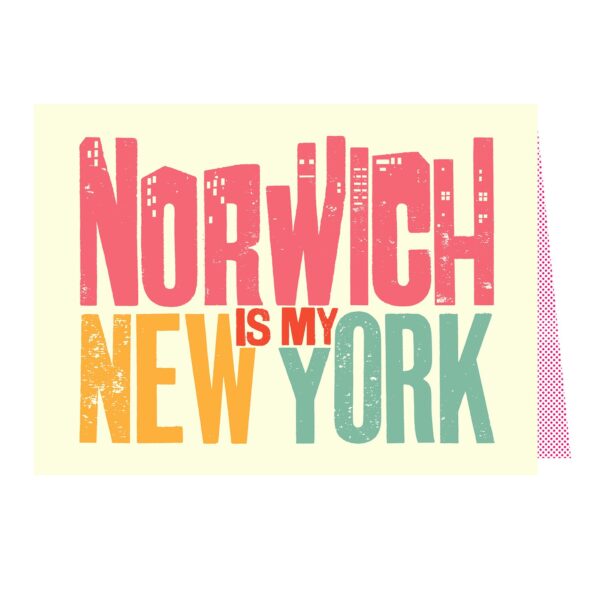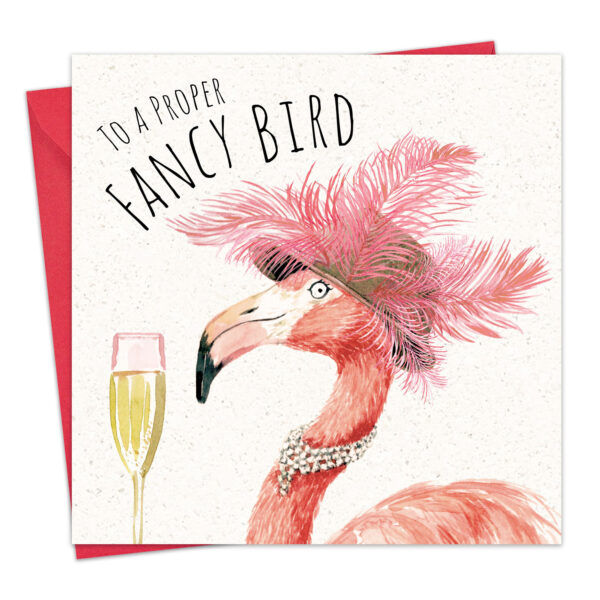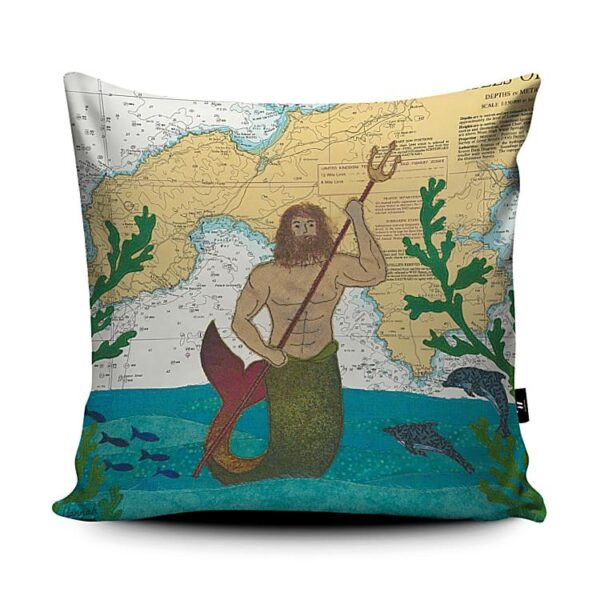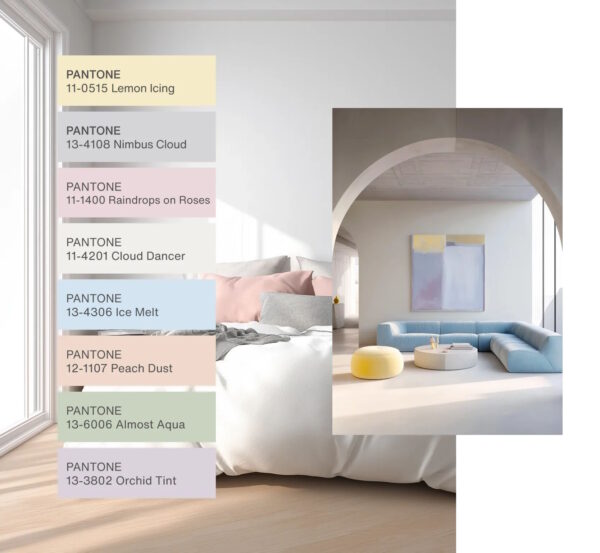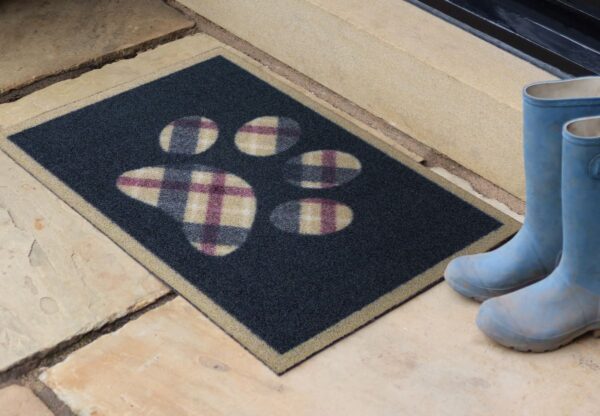
Legendary street artist, Banksy, has been stripped of the trademarks to two of his most iconic artworks – Girl with Umbrella and Radar Rat – after a long legal battle over the protection of his work. The European Union Intellectual Property Office stripped him of the two trademarks, bringing the total to four, as judges decided he cannot be identified as their unquestionable owner.
Having previously said that ‘copyright is for losers’, the famously anonymous artist was said to have been acting in ‘bad faith’ and departing from ‘accepted principles of ethical behaviours or honesty commercial and business practices.
First appearing on a London wall in 2004, Radar Rat is a Banksy classic, while Girl with an Umbrella appeared four years later in New Orleans. Greetings card publisher, Full Colour Black, which specialises in the commercialisation of street art and sells reproductions of the works, convinced the EU panel to cancel the artist’s trademarks. The company is not shy of piggypacking off Banksy’s success, claiming on its website “we have Banksy images that you probably have never seen before.”

The decision against the Bristol artist follows a similar ruling made about his artwork, Flower Thrower. He opened a shop in October 2020 “for the sole purpose of fulfilling trademark categories”. The fourth artwork to have been the subject of a dispute with Full Colour Black is Laugh Now.
Banksy representatives, Pest Control, have a statement on their website relating to Use of Images, which says: “You are welcome to use Banksy’s images for non-commercial, personal amusement. Print them out in a colour that matches your curtains, make a card for your gran, submit them as your own homework, whatever. But neither Banksy or Pest Control license the artist’s images to third parties. Please do not use Banksy’s images for commercial purposes, including launching a range of merchandise or tricking people into thinking something is made or endorsed by the artist, which it isn’t.”
Specialist in IP law, Kelly Hudson of McDaniels Law, who gave an advisory seminar to exhibitors at the British Craft Trade Fair online on Monday June 28 said: ‘In having this trade mark declared invalid Banksy has fallen foul of one of the fundamental tenets of trade mark law, namely that the owner of a trade mark must use, or have the intention to use, that mark as a badge of origin to distinguish their goods or services from those of others.
“The proper route for Banksy to protect this artwork is through the law of copyright, however this would require Banksy to lose his anonymity if he ever tried to enforce those rights and so he tried to circumvent this by registering this trade mark through a limited company. Banksy admitted however that he had no intention to use this artwork as a badge of origin for commercial sales (and that a shop he set up was done so purely for the purpose of trying to get around trade mark law). In those circumstances this was the only decision the Court could realistically come to. Banksy can however still protect his artwork using the law of copyright.’








